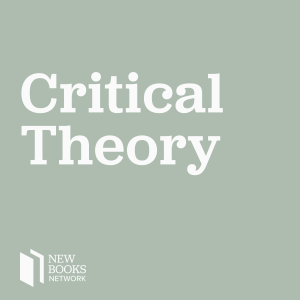
Ben Green, "The Smart Enough City: Putting Technology in its Place to Reclaim Our Urban Future" (MIT Press, 2019)
 2020-01-20
2020-01-20
Download
Right click and do "save link as"
The “smart city,” presented as the ideal, efficient, and effective for meting out services, has capture the imaginations of policymakers, scholars, and urban-dweller. But what are the possible drawbacks of living in an environment that is constantly collecting data? What important data is ignored when it is not easily translated into 1s and 0s? In his new book, The Smart Enough City: Putting Technology in Its Place to Reclaim Our Urban Future, critical data scientist Ben Green, an Affiliate and former Fellow at the Berkman Klein Center for Internet and Society at Harvard University and a PhD candidate in Applied Mathematics, critically examines what it means for a city to be smart enough to fulfill the promises of urbanism, while at the same time taking into account the very real drawbacks of constant data collection, and overreliance on digital technology. To do this, Green examines various case study examples, while offering philosophical and critical histories of the city-related technologies that have led us to this era.
Jasmine McNealy is a scholar of media and technology. She teaches at the University of Florida.
Learn more about your ad choices. Visit megaphone.fm/adchoices
view more
More Episodes
012345678910111213141516171819
Create your
podcast in
minutes
- Full-featured podcast site
- Unlimited storage and bandwidth
- Comprehensive podcast stats
- Distribute to Apple Podcasts, Spotify, and more
- Make money with your podcast
It is Free
- Privacy Policy
- Cookie Policy
- Terms of Use
- Consent Preferences
- Copyright © 2015-2024 Podbean.com





